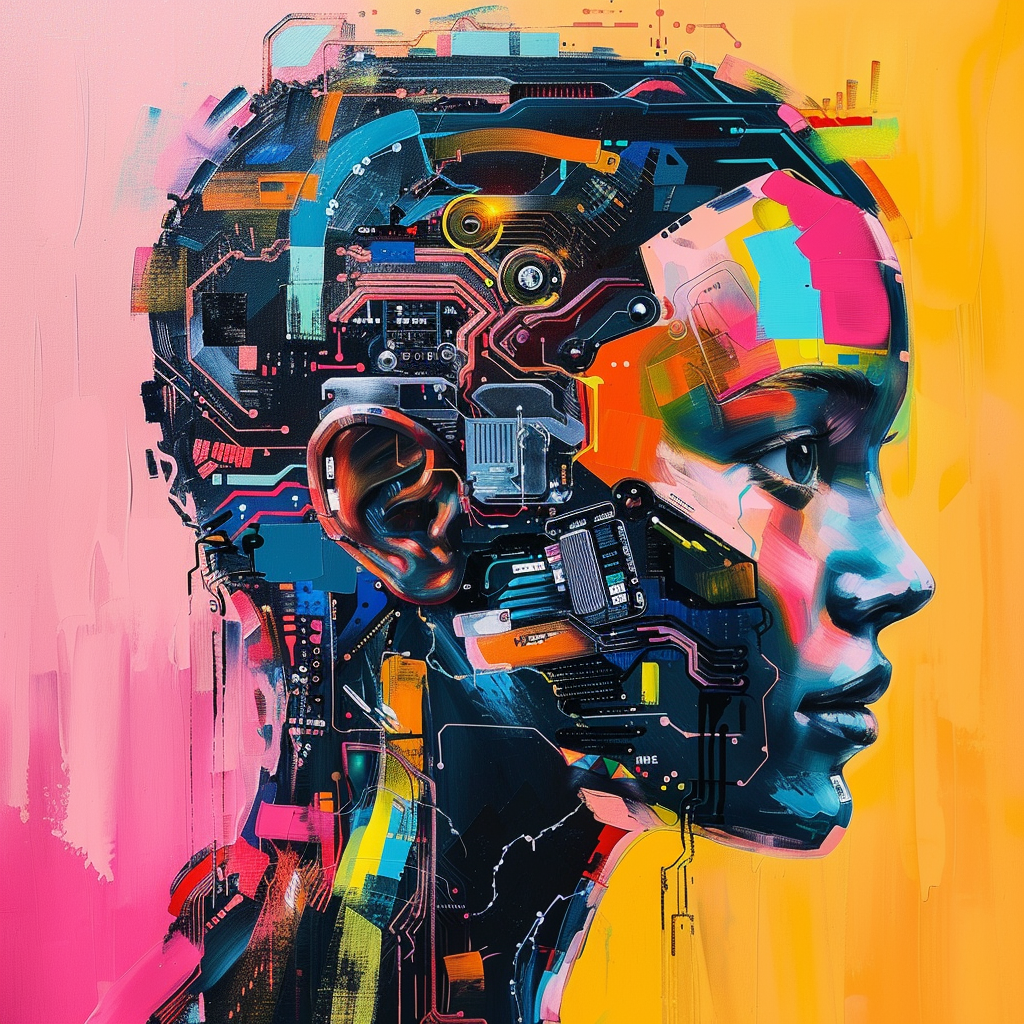
Artificial intelligence (AI) often evokes mixed reactions—from fascination to fear of its potential. Yet, beyond the debates and the potential pitfalls, a powerful movement is harnessing AI for the greater good. From healthcare to conservation, AI is increasingly being used to address some of the world’s most complex challenges. Let’s delve into inspiring stories of how AI is transforming lives and building a better future.
Revolutionizing Healthcare
- Precision Medicine: Imagine a world where medical treatments are tailor-made to your unique genetic profile. AI is enabling precision medicine by analyzing massive datasets of genomic information. This leads to more accurate diagnoses and targeted therapies for conditions like cancer. AI algorithms can delve into genetic sequences far more efficiently than humans, pinpointing mutations and helping doctors to select the most effective drugs or treatment regimens for individuals.
- Early Disease Detection: Early detection is crucial in the fight against diseases like cancer and heart disease. AI-powered diagnostic tools can analyze medical images (X-rays, MRIs, etc.) with remarkable accuracy. These tools often pinpoint subtle abnormalities that might be missed by the human eye. Early detection means timely intervention and significantly improved treatment outcomes, undoubtedly saving lives.
- Democratizing Healthcare: Millions of people across the globe lack access to basic healthcare. AI-powered telehealth platforms and intelligent chatbots are bridging this gap by offering virtual consultations, preliminary diagnoses, and health advice, making medical expertise more accessible, especially in remote areas.
Environmental Protectors
- Wildlife Conservation: Many endangered species face threats from poaching and habitat destruction. AI is a powerful tool for conservationists; it works by analyzing satellite imagery and sensor data to track wildlife populations, identify illegal activities, and predict areas most at risk. This information empowers rangers and conservation groups to optimize resources and make well-informed decisions to combat threats to biodiversity.
- Combating Climate Change: AI is also assisting with climate action on several fronts. AI algorithms optimize energy usage in buildings and power grids, improving energy efficiency. For disaster prediction and monitoring, AI can process vast amounts of climate data to create more reliable models for extreme weather events like floods and wildfires. This helps with better preparedness and resource allocation, potentially minimizing the damage caused by such events.
Social Impact
- Fighting Poverty and Hunger: AI models can help in poverty alleviation by analyzing patterns of economic hardship and predicting areas at risk of food insecurity. Such insights allow governments and NGOs to target aid more effectively for maximum impact.
- Education for All: AI can revolutionize education by personalizing learning experiences. AI-powered tutors can adapt their teaching style to suit an individual student’s strengths and weaknesses. These tools offer opportunities to children from disadvantaged backgrounds, closing the gap in educational opportunities.
- Tackling Online Abuse and Disinformation: AI helps combat the spread of hate speech, cyberbullying and fake news online. AI algorithms can flag and filter harmful content faster and more efficiently than human moderators. Such tools ensure online platforms remain safer, more inclusive spaces.
The Future is Bright, Challenges Remain
These examples illustrate AI’s potential to transform society for the better. However, it’s crucial to address the challenges:
- Bias: Since AI models learn from existing data, they can sometimes perpetuate biases present in the data. It’s essential to be vigilant and create safeguards to prevent discrimination in AI systems.
- Explainability: Some AI systems operate as a ‘black box’, which means their decision-making processes can be opaque. Ensuring explainability in how AI systems reach their conclusions is crucial for building trust and ensuring ethical use.
AI is a powerful tool; however, ultimately, it is humans who decide how to use it. By focusing on its social good applications, addressing its ethical challenges, and ensuring inclusive development, we can all be part of a future where AI serves to create a more just, sustainable, and healthier world.